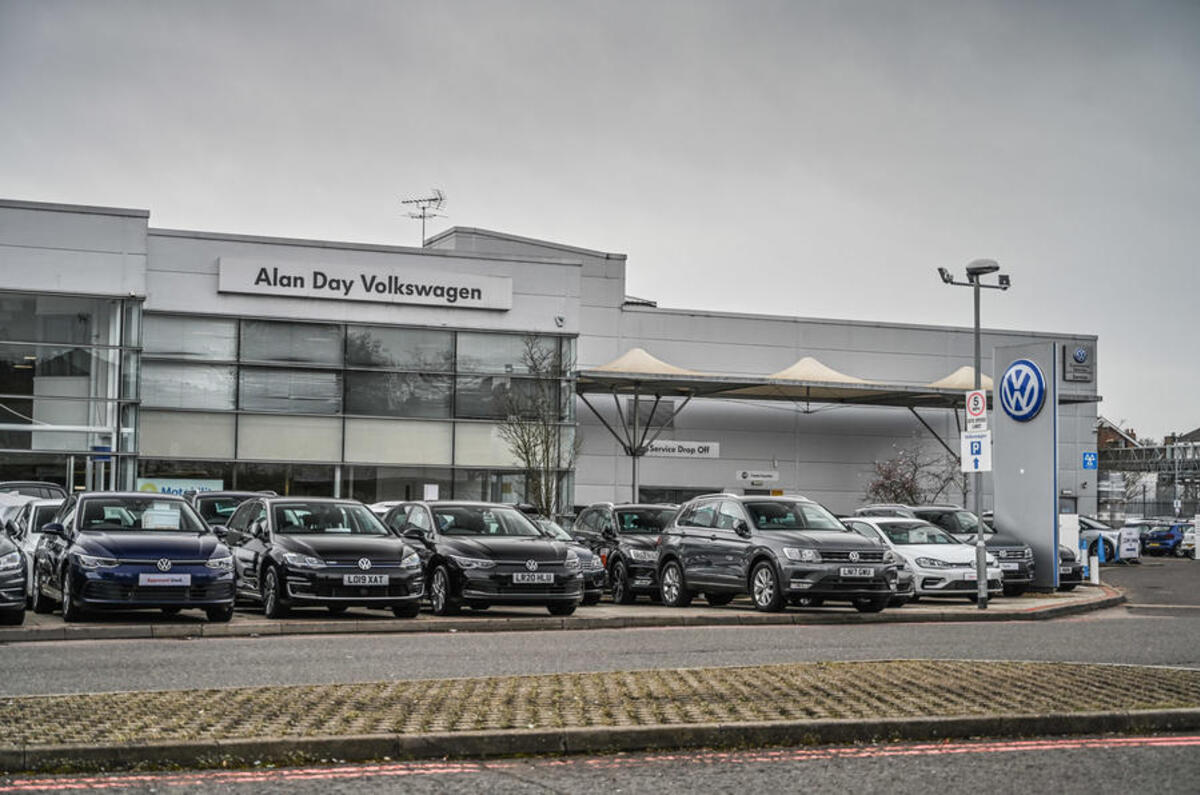The number of new cars registered in the UK last month was the lowest in June since 1996, new figures have revealed, as supply shortages hampered the automotive industry.
The data, released this morning by the Society of Motor Manufacturers and Traders (SMMT), showed that 140,958 cars were registered, down 45,180 (24.3%) on June 2021.
The ongoing shortages of essential components, such as semiconductors, is being exacerbated by Covid-related restrictions in China, the SMMT said, as well as restrictions caused by the war in Ukraine.
In the UK, diesel cars declined the most, registrations nearly halving from 15,027 in June 2021 to 8003 (46.7%) this June.
Plug-in hybrids took the next largest hit, with just 7714 cars registered, down 36.5% (12,139).
Petrol cars were again the most popular, with 62,005 registrations for a 44% market share. These too declined, however, with 24,406 fewer registered than in June 2021 (86,411).
The only segment to record growth was battery-electric cars, up 2895 (14.6%) from 19,842 to 22,737. Their market share also grew to 16.1%.
For the year so far, registrations have fallen by 11.9% (107,894) to 802,079. This, the SMMT notes, makes it the weakest first half year performance since 1992 - bar 2020, when the world was in the midst of the Covid pandemic.
SMMT chief executive Mike Hawes said: “The semiconductor shortage is stifling the new-car market even more than last year’s lockdown.
"Electric vehicle demand continues to be the one bright spot, as more electric cars than ever take to the road, but while this growth is welcome, it's not yet enough to offset weak overall volumes, which has huge implications for fleet renewal and our ability to meet overall carbon-reduction targets.
“With motorists facing rising fuel costs, however, the switch to an electric car makes ever more sense, and the industry is working hard to improve supply and prioritise deliveries of these new technologies, given the savings they can afford drivers.”








Join the debate
Add your comment
Yeah, Ukraine, that's what it is. Can't get all those cars out of the Ukraine any more. Nothing to do with rising interest rates, rising car prices, high inflation, and stagnating wages for workers.